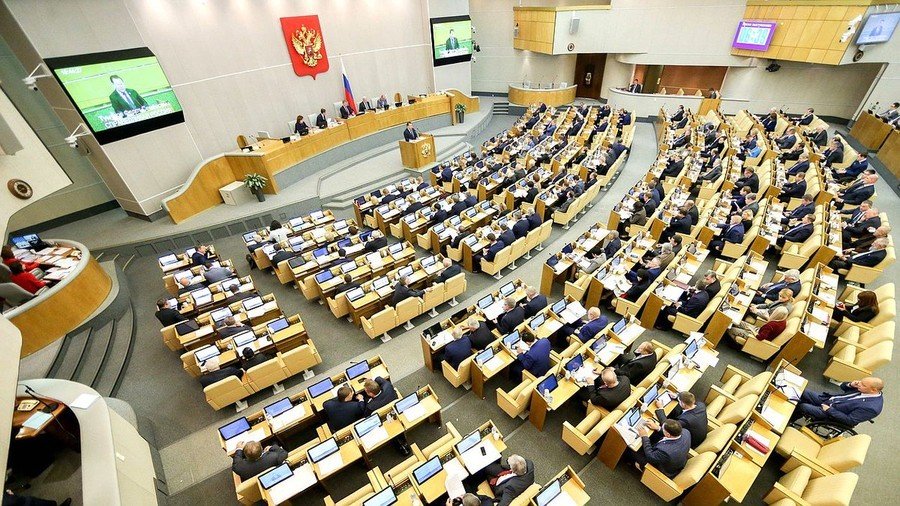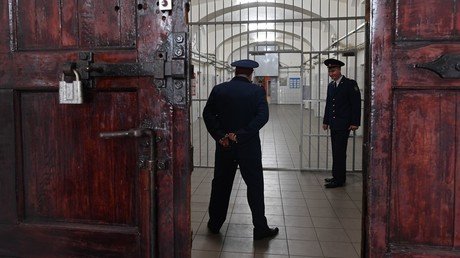Russian legislators set to ease controversial anti-extremism law

The Russian State Duma has approved the first reading of amendments to the controversial anti-extremism law, decriminalizing first-time offenses. Some legislators argue, however, that the whole law should be scrapped.
The main purpose of the amendments, according to legislators, is to make Russian penal code more “humane” and fix Article 282, which proved to be used “arbitrarily” in some cases. Under this legislation, an individual who incites hatred, discord and degrades human dignity in public speeches, in mass media and also in internet publications can end up behind bars for up to six years.
Over the past few years the number of Article 282 cases grew exponentially, with people getting into trouble over simple reposts on social media.
The amendments package proposed earlier by Putin and approved by the State Duma on Thursday, decriminalizes first time extremism offenses, and now only those, who already faced administrative repercussions over the past year will be criminally liable. It introduces said administrative liability for extremist speech. First-time offenders will face fines up to 20,000 rubles ($300), up to 100 hours of community work, or an administrative arrest for 15 days. Organizations, however, will face much bigger fines – up to 500,000 rubles (some $7,500).
Chief of the State Duma's legislature committee, Pavel Krasheninnikov, explained that the law will be retroactive and affect earlier convictions and pending cases.
According to Russian prosecutors, some 75 percent of cases under the anti-extremist law were started over internet posts and reposts. Over the first half of this year, out of a total of 762 such criminal cases, 571 involved internet reposts.
Adoption of the amendments package is a step in the right direction, yet the whole Article 282 is still “redundant,” legislator Sergey Shargunov, one of those who started the motion to ease the extremism law, told RT.
“I think it's a very important decision. It's a step towards common sense and humanization of the Criminal Code,” Shargunov told RT.
Similar opinion is shared by the chief of Russia's Liberal Democrats, Vladimir Zhirinovsky – well-known for his inflammatory remarks – who argued that the law simply allows the prosecution of people for any “critical remarks.”
Like this story? Share it with a friend!














